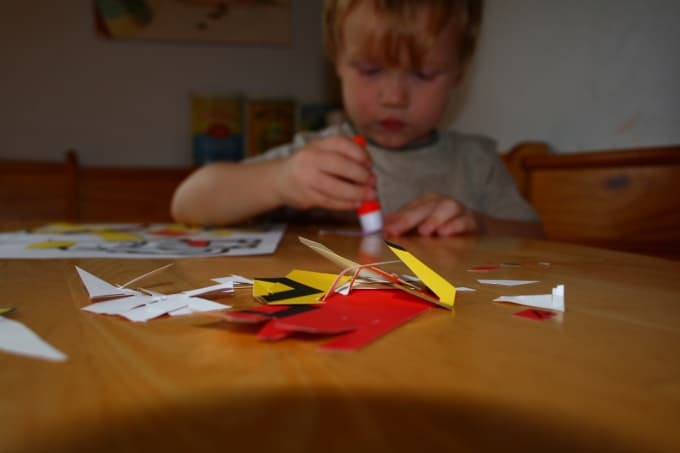Afterschooling

What is Afterschooling?
Afterschooling is the practice of supplementing a child’s education after school hours.
Afterschooling is homeschool, but after school. Theresa Ryder says that afterschooling has homeschool benefits without the full-time commitment. Although a homeschool lifestyle might not be feasible for everyone, ‘afterschoolers’ prove that home education is. Afterschooling parents augment their children’s education at home in a structured and meaningful way.
Tsh Oxenreider has jokingly called it Homeschool Lite. And, like homeschooling, afterschooling comes in all sorts of shapes, styles, and forms.
What Does Afterschooling Look Like?
Afterschooling is not an unusual concept and you might already be partially engaging in it! Every time you transport your child to piano lessons, swim team practice, private tutoring lessons, or a STEM club, you are using an “after school” program.
Some people would say that you are already afterschooling! Most will say you are halfway there, but that structure and parent-directed learning are two important characteristics. At the very least, you’ve already taken steps towards becoming an afterschooling parent.
Afterschool homeschooling
Afterschool homeschooling is for parents that want to take their after school involvement to a slightly higher level. Just think of yourself as a multidisciplinary teacher or tutor. You are fully in charge of finding, creating, and/or gathering the materials you want your children to know.
What is the difference between homeschooling and afterschooling?
Homeschooling should not be used as an interchangeable word with afterschooling. No homeschooler will ever swap out afterschooling for homeschooling. But it isn’t unheard of for a parent to say that “Our son goes to public school, but I’m homeschooling her afterwards.”
The two are similar, but far from the same thing. Afterschooling families do not face any legal challenges or responsibilities for documenting their child’s education.
When afterschooling works best
It is very difficult to afterschool if your child attends a school that assigns a large amount of daily homework. Afterschooling works best when your child isn’t bogged down by extra work and actually has free time.
Afterschooling works best when it doesn’t look like school. The very last thing your child wants to do after sitting at a desk for the majority of the day in school is… sit at another desk. Focus on having fun and making sure you don’t cover too much “school material” they already know.
Who Afterschools?
Although it is increasing in popularity, lots of families afterschool without giving it a label. Other families turn to structured afterschooling when they are unable to continue homeschooling and transition back into traditional education.
When homeschooling is not feasible, or too much responsibility, for a household, afterschooling can be a great choice.
The bottom line is that afterschooling is for involved parents that want an active and participatory role in their child’s education.
Reasons to Afterschool
- To go deeper in an area of study the child’s school skimmed over
- Cover a topic the student’s school did not offer at all
- Reinforce areas a child struggles with
- Foster interest-led learning
- To offer a more well-rounded education
- To teach a wider range of viewpoints and opinions
- Counteracts public school’s ability to stamp out a child’s natural love of learning
- Provides additional opportunities for gifted children
3 Tips for After School Success
Posted in Afterschooling on May 30, 2017

It does not matter what grade your child is, if they are in preschool through fifth grade they will need something to do after school. Trying to find things to do to fill the time between school and bed can be a real challenge, especially if you are on a budget. One advantage is that Read More »






